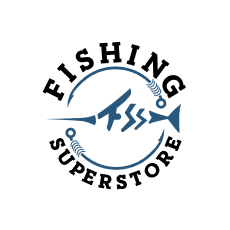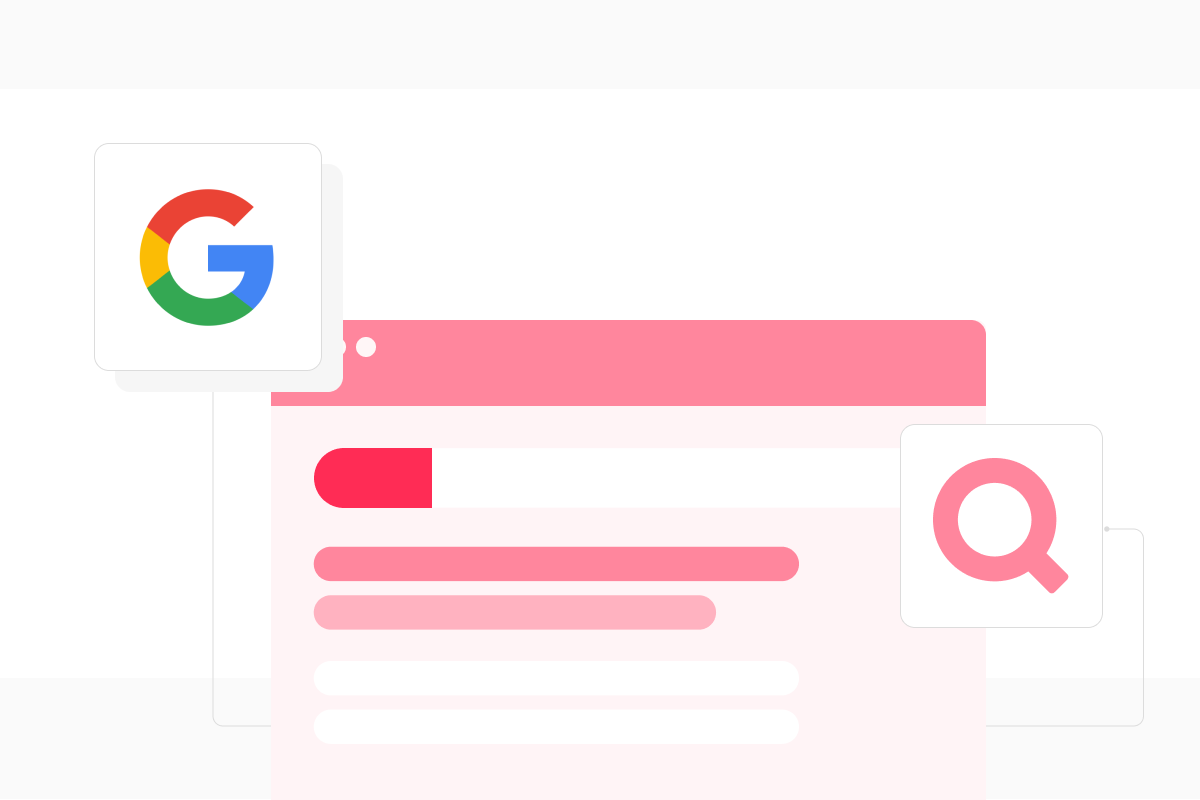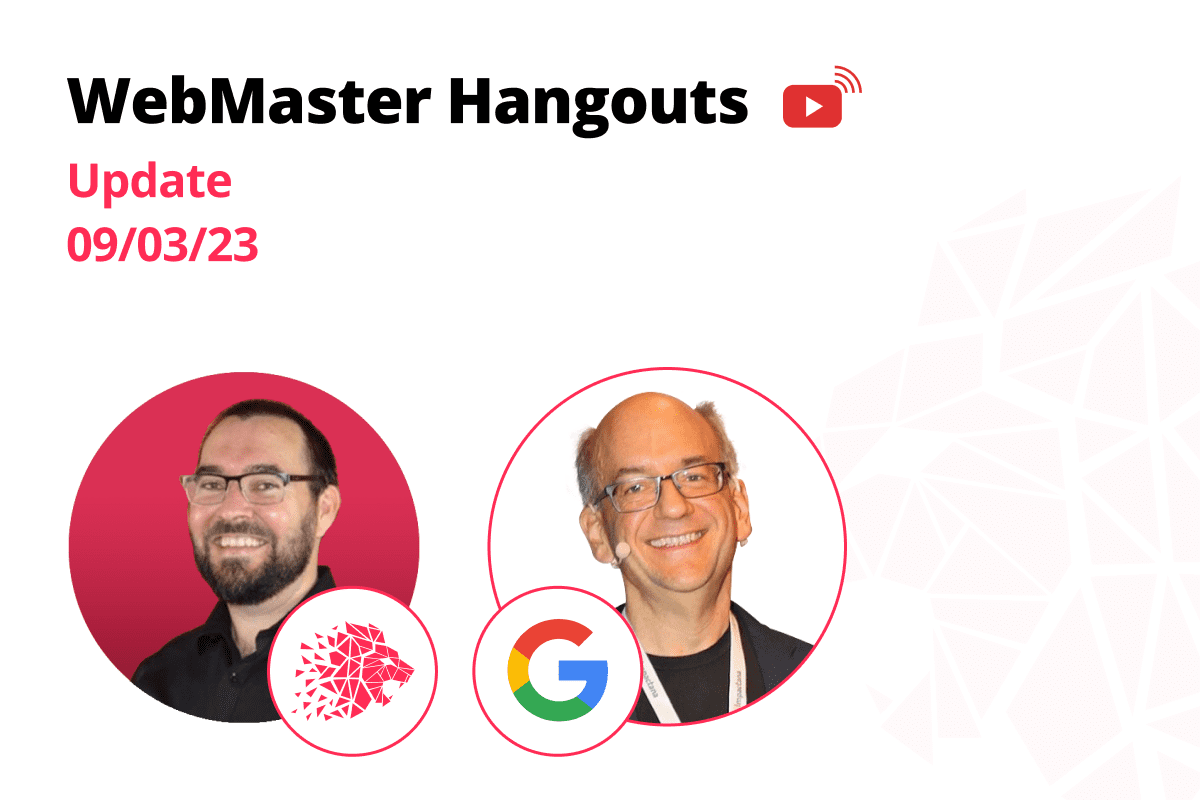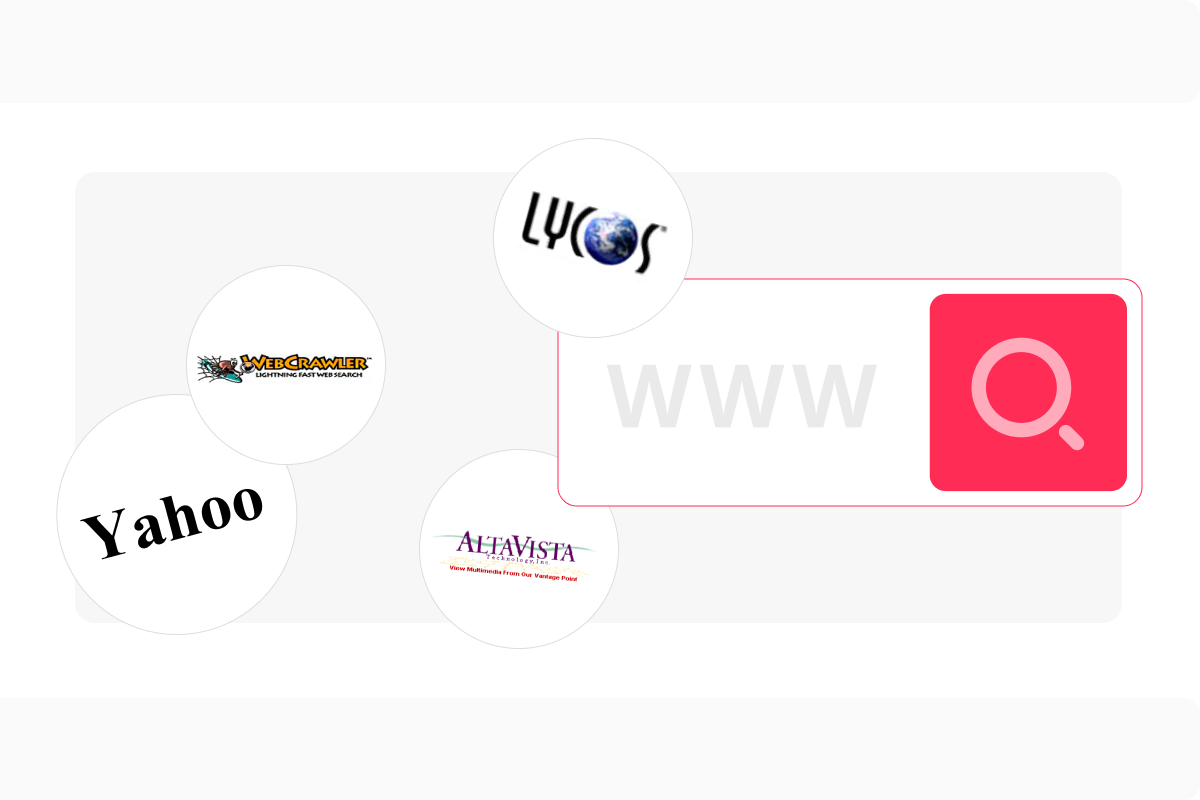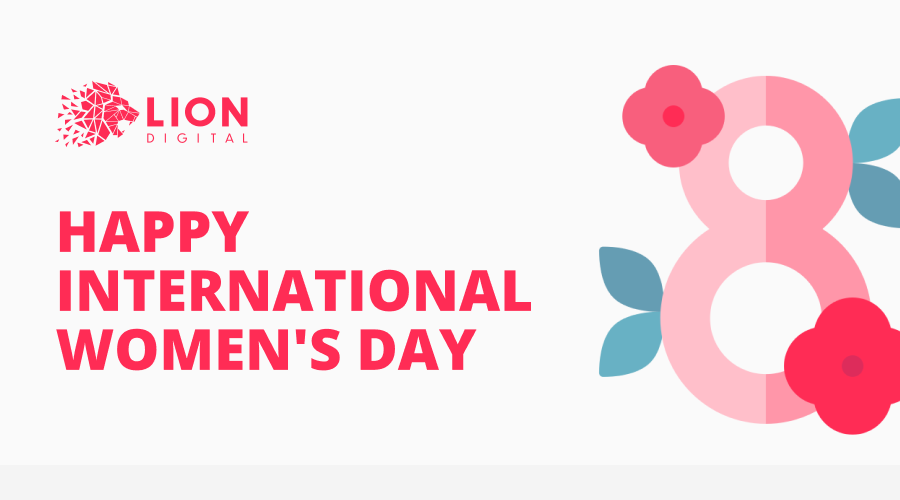
A site that connects seekers and providers of household-related services.
LIZZI SASSMAN: (01:03) So the first question that we’ve got here is from Dimo, a site that connects seekers and providers of household related services. Matching of listings is based on zip code, but our users come from all over Germany. The best value for users is to get local matches. Is there some kind of schema markup code to tell Google algorithm show my site also in the Local Pack. Please note we do not have local businesses and cannot utilise the local business markup code. The site is… and I’m going to redact that.
- A: (01:36) Yes, so Dimo– as you noted, local business markup is for businesses with physical locations. And that means that there’s typically one physical location in the world for that place. So it should only show up for that city. And your other question, currently, there’s no rich result feature for online services only that you could use structured data for, but you can claim your business profile with Google Business Profile manager and specify a service area there. So I think that that could help.
Is there a way to measure page experience or the core web vitals on Safari browsers, and is there a way to improve the experience?
MARTIN SPLITT: (02:12) Indra asks, Google Search Console shows excellent core web vital scores for our site, but I understand that it only shows details of Chrome users. A majority of our users browse using Safari. Is there a way to measure page experience or the core web vitals on Safari browsers, and is there a way to improve the experience?
- A: (02:35) Well, you can’t really use Google Search Console for this, but you can definitely measure these things yourself with the browser developer tools in a Safari browser and maybe ask around if you have any data from Safari users through analytics, for instance. There’s nothing here that we can do for the page experience or Search Console’s page experience resource because the data is just not available.
How can I best switch from one domain to a new one?
JOHN MUELLER: (03:01) For the next question, I’ll paraphrase. How can I best switch from one domain to a new one? Should I clone all the content or just use 80% of the content? What is the fastest way to tell Google that they’re both my sites?
- A: (03:17) We call this process a site migration. It’s fairly well documented, so I would look up the details in our documentation. To simplify and leave out a lot of details, ideally, you’d move the whole website, 1 to 1, to the new domain name and use permanent 301 redirects from the old domain to the new one. This is the easiest for our system to process. We can transfer everything directly. If you do other things like removing content, changing the page URLs, restructuring, or using a different design on the new domain, that all adds complexity and generally makes the process a little bit slower. That said, with a redirect, users will reach your new site, regardless of whether they use the old domain or the new one.
Do you support the use and the full range of schema.org entities when trying to understand the content of a page, outside of use cases such as rich snippets?
LIZZI SASSMAN: (04:04) And our next question is from IndeQuest1. Do you support the use and the full range of schema.org entities when trying to understand the content of a page outside of use cases such as rich snippets? Can you talk about any limitations that might exist that might be relevant for developers looking to make deeper use of the standard?
- A: (04:26) So, to answer your question, no, Google does not support all of the schema.org entities that are available on schema.org. We have the search gallery which provides a full list of what we do support for rich snippets, like you mentioned, in Google Search results. But not all of those things are visual. We do talk about certain properties that might be more metadata-like, and that aren’t necessarily visible as a rich result. And that still helps Google to understand things, like authors or other metadata information about a page. So we are leveraging that kind of thing.
What could be the reason that the sitemap cannot be read by the Googlebot?
GARY ILLYES: (05:07) Anton Littau is asking, in Search Console, I get the message “sitemap could not be read” in the sitemap report. No other information is provided. What could be the reason that the sitemap cannot be read by the Googlebot?
- A: (05:21) Good question. The “sitemap could not be read” message in Search Console may be caused by a number of issues, some of them technical, some of them related to the content quality of the site itself. Rarely, it may also be related to the hosting service, specifically, if you are hosting on a free domain or subdomain of your hoster, and the hoster is overrun by spam sites, that may also cause issues with fetching sitemaps.
We’ve got guides and tips that are illustrated on our website, and they’re not performing well in the SERP.
LIZZI SASSMAN: (05:53) Our next question is from Nicholas. We would like to know how algorithms treat cartoon illustrations. We’ve got guides and tips that are illustrated on our website, and they’re not performing well in the SERP. We tried to be unique, using some types of illustrations and persona to make our readers happy. Do you think we did not do it right?
- A: (06:18) I don’t know because I don’t think I’ve ever seen your cartoons, but I can speak to how to improve your cartoon illustrations in SERP. So our recommendation would be to add text to the page to introduce the cartoons, plus alt text for each of the images. Think about what people will be searching for in Google Images to find your content. And use those kinds of descriptive words versus just saying the title of your cartoon. Hope that helps.
Does posting one content daily increase rankings?
GARY ILLYES: (06:46) Chibuzor Lawrence is asking, does posting one content daily increase rankings?
- A: (06:53) No, posting daily or at any specific frequency, for that matter, doesn’t help with ranking better in Google Search results. However, the more pages you have in the Google index, the more your content may show up in Search results.
Does Google agree with the word count or not?
LIZZI SASSMAN: (07:09) OK, and the next question is from Suresh. About the helpful content update that only 10% write quality content, and the rest, 90%, don’t right quality content, lengthy content, but how should they write quality content? Does Google agree with the word count or not?
- A: (07:29) Well, nope, content can still be helpful whether it’s short or long. It just depends on the context and what that person is looking for. It doesn’t matter how many words, if it’s 500, 1,000. If it’s answering the user’s intent, then it’s fine. It can be helpful. These are not synonymous things.
When using words from a page title in the URL, should I include stopper words too?
JOHN MUELLER: (07:49) I’ll paraphrase the next question, hopefully, correctly. In short, when using words from a page title in the URL, should I include stopper words too? For example, should I call a page whyistheskyblue.HTML or whyskyblue.HTML?
- A: (08:08) Well, thanks for asking. Words in URLs only play a tiny role in Google Search. I would recommend not overthinking it. Use the URLs that can last over time, avoid changing them too often, and try to make them useful for users. Whether you include stop words in them or not or decide to use numeric IDs, that’s totally up to you.
Do different bots type, image, and desktop share crawl budgets?
GARY ILLYES: (08:31) Sanjay Sanwal is asking: do different bots type, image, and desktop share crawl budget? And what about different hosts?
- A: (08:40) Fantastic question. The short answer is yes, Google Bots and its friends share a single crawl budget. What this means to your site is that if you have lots of images, for example, Googlebot Images may use up some of the crawl budgets that otherwise could have been used by Googlebot. In reality, this is not a concern for the vast majority of the sites. So unless you have millions of pages and images or videos, I wouldn’t worry about it. It’s worth noting that the crawl budget is per host. So, for example, if you have subdomain.example.com, and you have another subdomain.example.com, they have different crawl budgets.
Request to 301 redirect the subdirectory to their new German site. Would you advise against it?
JOHN MUELLER: (09:24) Christopher asks: we’ve sold the German subdirectory of our website to another company. They request us to 301 redirect the subdirectory to their new German site. Would you advise against it? Would it hurt us?
- A: (09:40) Well, on the one hand, it all feels kind of weird to sell just one language version of a website to someone else. On the other hand, why not? I don’t see any problems redirecting from there to a different website. The only thing I would watch out for, for security reasons, is that you avoid creating so-called open redirects, where any URL from there is redirected to an unknown third party. Otherwise, that sounds fine.
Can I expect to see clicks and impressions from this in the search appearance filter as we can see with some other rich results?
LIZZI SASSMAN: (10:08) Sam Gooch is asking: I’m experimenting with a new learning video, rich result, and can see it’s being picked up in Google Search Console. Can I expect to see clicks and impressions from this in the search appearance filter as we can see with some other rich results?
- A: (10:23) Well, to answer this question specifically, there’s no guaranteed time that you’ll be able to see a specific rich result in Google Search after adding structured data. But I think what you’re asking about here is for a specific thing to be added to Search Console, and we’ll have to check with the team on the timeline for that. And we don’t pre-announce when certain things will be added to Search Console. But you can check the rich result status report for the learning video and make sure that you’re adding all of the right properties and that it’s valid and ready to go for Google to understand what it needs in order to generate a rich result. Hope that helps.
How big is the risk of penalising action if we use the same HTML structure, same components, layout, and same look and feel between the different brands?
JOHN MUELLER: (11:02) Roberto asks: we’re planning to share the same backend and front end for our two brands. We’re ranking quite well with both of them in Google. How big is the risk of penalising action if we use the same HTML structure, same components, layout, and same look and feel between the different brands? What would be different are the logos, fonts, and colours. Or would you suggest migrating to the same front end but keeping the different experience between the two brands?
- A: (11:33) Well, this is a great question. Thanks for submitting it. First off, there’s no penalty or web spam manual action for having two almost identical websites. That said, if the URLs and the page content are the same across these two websites, then what can happen for identical pages is that our systems may pick one of the pages as a canonical page. This means we would focus our crawling, indexing, and ranking on that canonical page. For pages that aren’t identical, we generally index both of them. For example, if you have the same document on both websites, we’d pick one and only show that one in Search. In practice, that’s often fine. If you need both pages to be shown in Search, just make sure they’re significantly different, not just with a modified logo or colour scheme.
JavaScript SEO, what to avoid along with JavaScript links?
MARTIN SPLITT: (12:23) Anna Giaquinto asks, JavaScript SEO, what to avoid along with JavaScript links?
- A: (12:30) Well, the thing with links is that you want to have a proper link, so avoid anything that isn’t a proper link. What is a proper link? Most importantly, it’s an HTML tag that has an href that lists a URL that is resolvable, so not like a JavaScript colon URL. And that’s pretty much it. If you want to learn more about JavaScript-specific things for Search, you can go to the JavaScript beginner’s guide on developers.google.com/search and see all the things that you might want to look out for.
I research a keyword that has no volume or keyword density, but we are appearing for those keywords on the first page. Should we target that keyword?
LIZZI SASSMAN: (13:05) Our next question is from Sakshi Singh. Let’s say I research a keyword that has no volume or keyword density, but we are appearing for those keywords on the first page. Should we target that keyword?
- A: (13:19) Well, Sakshi, you can optimise for whatever keywords you want, and it’s not always about the keywords that have the most volume. I would think about how people should find your page and target those keywords.
Will audio content be given more priority and independent ranking following the helpful content algorithm update?
GARY ILLYES: (13:32) Kim Onasile is asking, hello, you previously advised that there are no SEO benefits to audio versions of text content and that audio-specific content doesn’t rank separately like video content. However, given you also said it might be that there are indirect effects like if users find this page more useful and they recommend it more, that’s something that could have an effect. Will audio content be given more priority and independent ranking following the helpful content algorithm update?
- A: (14:07) This is an interesting question. And ignoring the helpful content algorithm update part, no, audio content, on its own, doesn’t play a role in the ranking of text results.
Is it OK to fetch meta contents through JavaScript?
MARTIN SPLITT: (14:33) Someone asked, is it OK to fetch meta contents through JavaScript? I think that means it is OK to update metatag data with JavaScript?
- A: (14:44) While that is possible to do, it is best to not do that. It may give Google Search mixed signals, and some features may not pick up the changes. Like, some specific search result types might not work the way you expect them. Or it might have incorrect information, or it might miss something. So I would suggest not doing that.
Both of my websites have been hit by different updates, around 90% drops, and are suffering from some type of flag that is suppressing our sites until the soft penalty is lifted.
GARY ILLYES: (15:08) Anonymous is asking, both of my websites have been hit by different updates, around 90% drops, and are suffering from some type of flag that is suppressing our sites until the soft penalty is lifted. Or is there even a soft penalty?
- A: (15:26) Good question. No, the named updates that we publish on the Rankings Updates page on Search Central are not penalties in any shape or form. They are adjustments to our ranking algorithms, so they surface even higher quality and more relevant results to Search users. If your site has dropped in rankings after an update, follow our general guidelines for content, take a look at how you could improve your site as a whole, both from content and user experience perspective, and you may be able to increase your rankings again.
When would be the next possible update for the Search results?
JOHN MUELLER: (16:03) Ayon asks, when would be the next possible update for the Search results?
- A: (16:09) Well, on our How Search Works site, we mentioned that we did over 4,000 updates in 2021. That’s a lot of updates. Personally, I think it’s critical to keep working on things that a lot of people use. Our users and your users expect to find things that they consider to be useful and relevant. And what that means can change over time. Many of these changes tend to be smaller and are not announced. The bigger ones, and especially the ones which you, as a site owner, can work on, are announced and listed in our documentation. So in short, expect us to keep working on our systems, just like you, hopefully, keep working on yours.
Does having a star aggregated ranking on recipes improve its position?
LIZZI SASSMAN: (16:54) And our next question is from Darius. So Darius is asking, does having a star aggregated ranking on recipes improve its position?
- A: (17:05) I think what Darius is asking about is the stars that show up for recipes and with structured data and whether or not that has an effect on ranking. So while the stars are more visual and eye-catching, structured data in and of itself is not a ranking signal. And it isn’t guaranteed that these rich results will show up all the time. The Google algorithm looks at many things when it’s creating what it thinks is the best Search experience for someone. And that can depend on a lot of things, like the location, language, and device type.
When I don’t set a rel-canonical, then I can see the internal links in the search console in the links report. Is this normal?
JOHN MUELLER: (17:37) Christian asks: I have set the rel-canonical together with a noindex meta tag. When Google does not accept a canonical at all, all internal links are dropped. When I don’t set a rel-canonical, then I can see the internal links in the search console in the links report. Is this normal?
- A: (17:55) Well, this is a complex question since it mixes somewhat unrelated things. A noindex says to drop everything and the rel-canonical hints that everything should be forwarded. So what does using both mean? Well, it’s essentially undefined. Our systems will try to do the best they can in a conflicting case like this, but a specific outcome is not guaranteed. If that’s fine with you, for example, if you need to use this setup for other search engines, then that’s fine with us too. If you want something specific to happen, then be as clear as possible for all search engines.
If a video is indexed in the video indexing report, is it still worth adding the video structured data on that page and why?
LIZZI SASSMAN: (18:33) And our next question is from Thijs. If a video is indexed in the video indexing report, is it still worth adding the video structured data on that page and why?
- A: (18:47) Well, yes. Just because something’s indexed doesn’t mean that there’s not an opportunity to improve how it appears. Structured data helps Google understand more about your video, like what it’s about, the title, interaction statistics, and that kind of stuff. And adding structured data can make your videos eligible for other video features, like key moments. So it’s not just, oh, get your video indexed, and that’s it. There are other things that you can do to improve how your content appears on Google.
Can I cloak a list with lots of products to Googlebot and show users a Load More button?
MARTIN SPLITT: (19:20) Tamás asks, can I cloak a list with lots of products to Googlebot and show users a Load More button?
- A: (19:26) I think this is not cloaking, as what users see when they click on the Search result roughly matches what Googlebot sees. And if you have a Load More button, users will click that if they don’t see the product they are expecting there. So I don’t think this is cloaking, and that’s a solution that I think works from a crawling point of view.
Sign up for our Webmaster Hangouts today!

